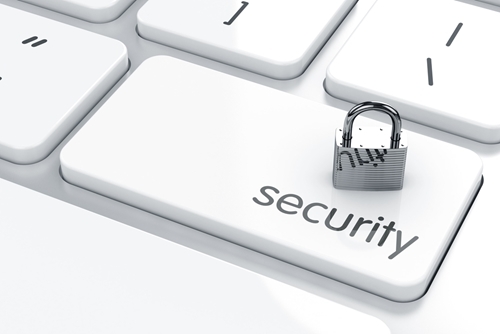Just before Christmas, the United States House of Representatives passed a $1.1 trillion omnibus spending bill, which will keep the entire government open and running through September 2016. While the bill has been slightly controversial — both sides of the aisle say major compromises were necessary to push the bill through Congress — it is expected to be signed sometime later this week by President Obama.
One aspect that is receiving widespread praise from the entire health care industry, however, is a provision that includes recommendations from major advocacy groups, including the Healthcare Information and Management Systems Society. The language concerns the need for increased cyber security to protect the health care information of all Americans, as over 100 million people have had this data stolen over the last five years.
The spending bill creates a health care industry cyber security task force that is to be established within 90 days of the law's implementation. Part of the responsibility of the task force will be to study how other major industries in the United States combat this digital threat, as well as the technical challenges that make the health care sector so vulnerable to attacks.
The bill will also establish a single pipeline of actionable information that can be accessed in real time and at no cost. Access to that information is currently cost-prohibitive to small and mid-size health care organizations, according to the Department of Health and Human Services. This provision will allow smaller businesses to better protect any and all crucial health care data.
"The spending bill creates a health care industry cyber security task force that is to be established within 90 days of the law's implementation."
A parallel focus of the spending bill calls on the Department of Health and Human Services to work closely with Homeland Security, as well as the National Institute of Standards and Technology, to create voluntary guidelines and best practices for health care organizations to follow that will help to reduce their risk of cyber attacks in ways that are as cost-effective as possible.
"Healthcare is a high-value target. The value of stolen medical records is pretty high. We don't think [this legislation is] a silver bullet but we do believe now that healthcare organizations will get the support they need," said Samantha Burch, the senior director of Congressional affairs for the Healthcare Information and Management Systems Society.
In recent years, the costs of cyber attacks have become so significant that analysts at Moody's Investors Service said last month that they could soon begin to weigh on health care providers' credit ratings. Each breach of this important data comes with hefty reputational and financial risks.
Whether you choose to go the home health care route or visit a local physician, be sure to check back here again for more health insurance help and information. Contact a member of our team to learn more about available options.




